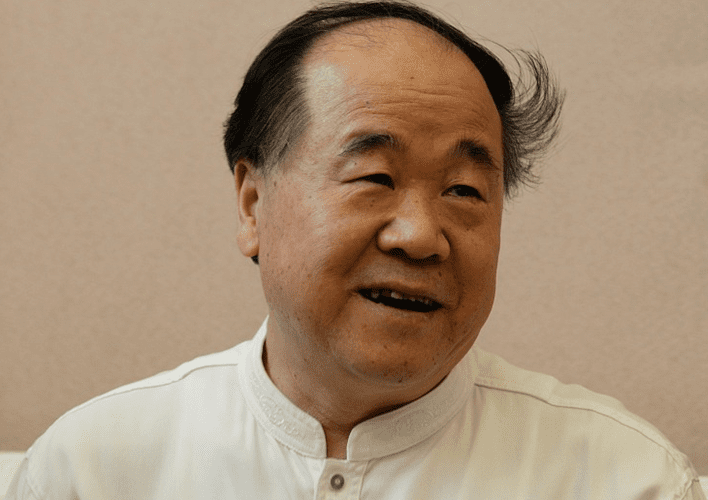Guan Moye: Exploring the Soul of Contemporary Chinese Literature

Guan Moye (17 February 1955), better known by the pen name Mo Yan, is a Chinese novelist and short story writer. Mo Yan is known for his vivid and sometimes controversial depictions of life in rural China, which often explore themes of history, politics, and social change.
Life and Career
He was born on 17 February 1955, in Shandong, China. His real name is Guan Moye, but he adopted the pen name Mo Yan, which means “don’t speak” in Chinese. He went to primary school in his hometown but dropped out in the fifth grade during the Cultural Revolution. He was a farm worker for years before he got a job in a factory in 1973. In 1976, he joined the People’s Liberation Army (PLA).
Mo Yan began his writing career in the early 1980s and has since published dozens of novels, novellas, and short stories. His most famous works include “Red Sorghum”, which was adapted into a highly acclaimed film by the Chinese director Zhang Yimou, “The Garlic Ballads”, and “Life and Death are Wearing Me Out”.
He is also the author of “Big Breasts and Wide Hips,” and “Frog,” among many others. Mo Yan’s writing has been translated into many languages and has been widely read and acclaimed around the world. He is considered to be one of China’s most important contemporary writers and a leading voice in the post-Maoist literary scene.
Award and Legacy
He was awarded the 2012 Nobel Prize in Literature for his writing. In 2005, he won the International Nonino Prize. He won the Newman Prize for Chinese Literature at the University of Oklahoma in 2009.
Observer Voice is the one stop site for National, International news, Sports, Editor’s Choice, Art/culture contents, Quotes and much more. We also cover historical contents. Historical contents includes World History, Indian History, and what happened today. The website also covers Entertainment across the India and World.
Follow Us on Twitter, Instagram, Facebook, & LinkedIn

